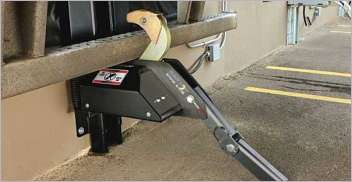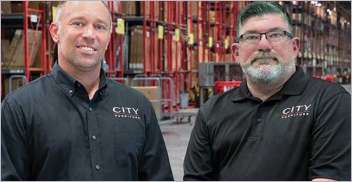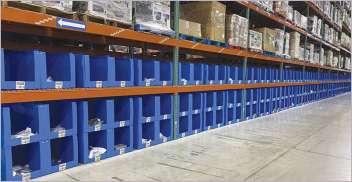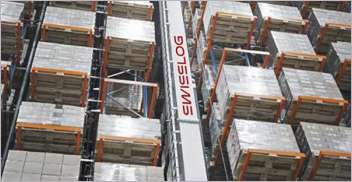Due to the recent move to expand coverage of dimensional weight pricing by FedEx and UPS, fulfillment centers—particularly those that handle a high volume of small packages—have had to re-evaluate their processes for packing and shipping, or face significantly increased shipping charges.
Nowhere is this more critical than with the handling of small-package orders composed of a shifting mix of diverse products and product sizes, particularly when many of them are fragile. In this fulfillment scenario, specifying the right sizes of shipping boxes can pose a considerable challenge, with costly implications if items are over sized.
Such was the case with Carolina Biological Supply, located in Burlington, N.C., which is one of the leading suppliers of science materials for teachers and schools from elementary to college level and for professionals in health and science-related fields.
Long before FedEx and UPS implemented their expansion of coverage to dimensional weight pricing, Carolina looking to minimize packing costs on its primary line. Each order, at the time, was packed by one worker from start to finish. The most common box sizes shipped by Carolina were minimally 1,728 cubic inches. As of Jan. 1, 2015, virtually all boxes shipped from Carolina’s primary fulfillment line would qualify for dimensional weight pricing—much larger than the minimum 166-cubic-inch cutoff from FedEx and UPS.
After reviewing a number of options, in December 2013 Carolina chose an on-demand, box-making system that would fabricate a custom-sized box for each order, from a feed of raw, continuous corrugated material. Despite the need to over-pack for the fragile items, Carolina could reduce its package size by 38% by using the system.
While using the system, the pack-area worker receives the picked order items in a tote or cart. The system’s cartonization software is used to scan the minimum dimensions of the combined items in the order. It then directs the system to manufacture a specific custom-sized carton, typically selecting the smallest carton size for each order.
The system then feeds in raw, uncut continuous corrugated, which the system cuts and scores in real time to fit the exact dimensions for the custom-sized carton. The flat carton is then discharged from the machine and fed through a gluer, which folds the tab over automatically to seal the side of the carton. The box is discharged from the gluer, as the worker folds and tapes the bottom, packs in the ordered items, provides the needed filler and seals the box. A shipping label is then generated, printed and applied before the box is conveyed to shipping.
Today, Carolina is packing 80% of its primary fulfillment line orders through the system. The remaining 20% are very large orders that are palletized and shipped LTL.
“The new system has made a significant reduction in the size of the boxes we were using,” says Jeff Humble, logistics engineering manager at Carolina. “In the first quarter of 2014, we reduced our dimensional weight charges from our carrier by 66%. We had approximately 9,000 dimensional weight charges in the first quarter of 2013, and 3,000 in 2014. This is a huge cost benefit for us.”
In addition to the cost and material reductions on the primary fulfillment line, after using the box-making system for a year, Carolina Biological Supply’s volume of processed and shipped orders increased by 12%. This improved throughput was achieved without increasing the company’s labor force.
Box On Demand
877-326-3653





